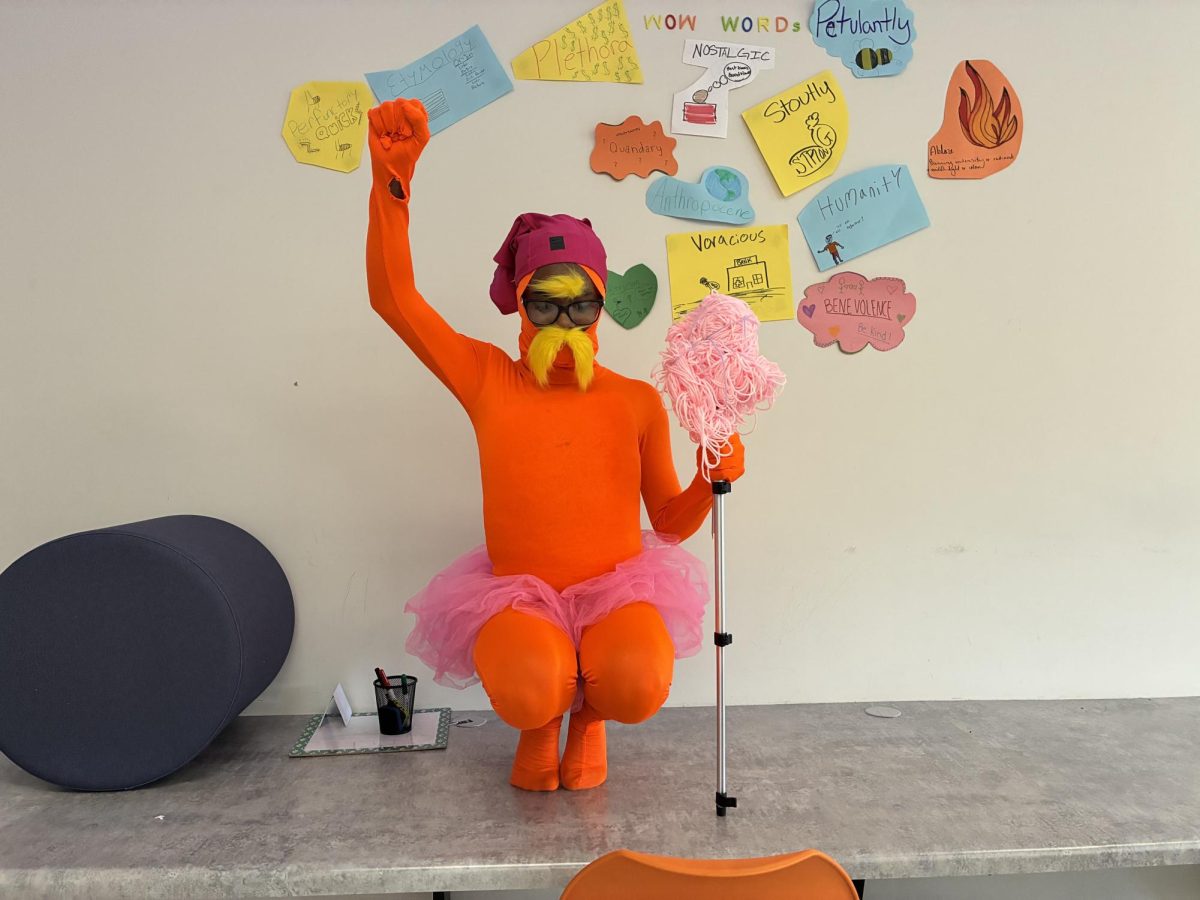
Music, a universal language that transcends cultural boundaries, has long captivated the human spirit with its emotive power and rhythmic allure. Beyond mere entertainment, research suggests that music exerts a profound influence on our psychological and cognitive well-being, shaping our emotions, thoughts and behaviors in intricate ways. Here’s a closer look at the fascinating relationship between music and the human mind:
From stirring symphonies to soulful ballads, music possesses an unparalleled ability to evoke a wide spectrum of emotions. Whether it’s the exhilaration of an upbeat melody or the poignancy of a melancholic refrain, music has the capacity to resonate with our innermost feelings, offering solace, catharsis or jubilation.
“Music can be uplifting, like funk and disco,” Frank Crowe said. “All the music that moves you or effects you emotionally will become nostalgic.”
Studies have shown that listening to music can modulate our mood by stimulating the release of neurotransmitters such as dopamine, serotonin and oxytocin, which are associated with pleasure, happiness, and social bonding. Moreover, music therapy has emerged as a therapeutic modality for addressing a range of emotional disorders, including depression, anxiety, and post-traumatic stress disorder (PTSD), offering a non-invasive means of emotional expression and healing.
“Being a person among the many that suffer from anxiety and depression, music has been the best medicine,” Lana Ingle (’27) said. “As Elton John put it, ‘Music has healing power. It has the ability to take people out of themselves for a few hours'”
Beyond its emotional impact, music also exerts a profound influence on cognitive functions such as attention, memory, and problem-solving. Research indicates that engaging with music can enhance cognitive abilities across the lifespan, from infancy to old age.
In infants, exposure to music has been shown to facilitate the development of auditory discrimination skills and language acquisition. In children and adolescents, music education has been linked to improvements in academic performance, particularly in mathematical and spatial reasoning tasks. Moreover, learning to play a musical instrument has been associated with enhanced executive functions, including cognitive flexibility, inhibition, and working memory.
“Learning an instrument I think in a way has helped me with learning and remembering other things with school in a way.,” Logan Zaleski (’27) said. “When you get a piece of music and a certain time frame to know it, you figure out certain routines and ways to remember and memorize these pieces of music. I think, in a way, I’ve contributed those processes to school work without even realizing it on a daily basis. It’s just become normal to me.”
The transformative power of music is rooted in its effects on the brain’s neural circuitry. Neuroimaging studies have revealed that listening to music engages a network of brain regions involved in auditory processing, emotion regulation, and reward processing. Moreover, playing music activates motor areas responsible for coordination and fine motor skills, fostering neural plasticity and structural changes in the brain.
The therapeutic potential of music extends to individuals with neurological disorders such as Alzheimer’s disease, Parkinson’s disease, and stroke. Music therapy interventions have been shown to improve cognitive function, motor coordination, and quality of life in patients with neurodegenerative conditions, offering a source of comfort and stimulation amidst cognitive decline.
As a ubiquitous presence in our lives, music serves as a profound source of solace, inspiration, and connection. Its ability to transcend language and cultural barriers speaks to its universal appeal and enduring relevance in human experience. Whether as a form of self-expression, social bonding, or therapeutic intervention, music continues to enrich our lives and illuminate the intricate interplay between sound and psych.


























